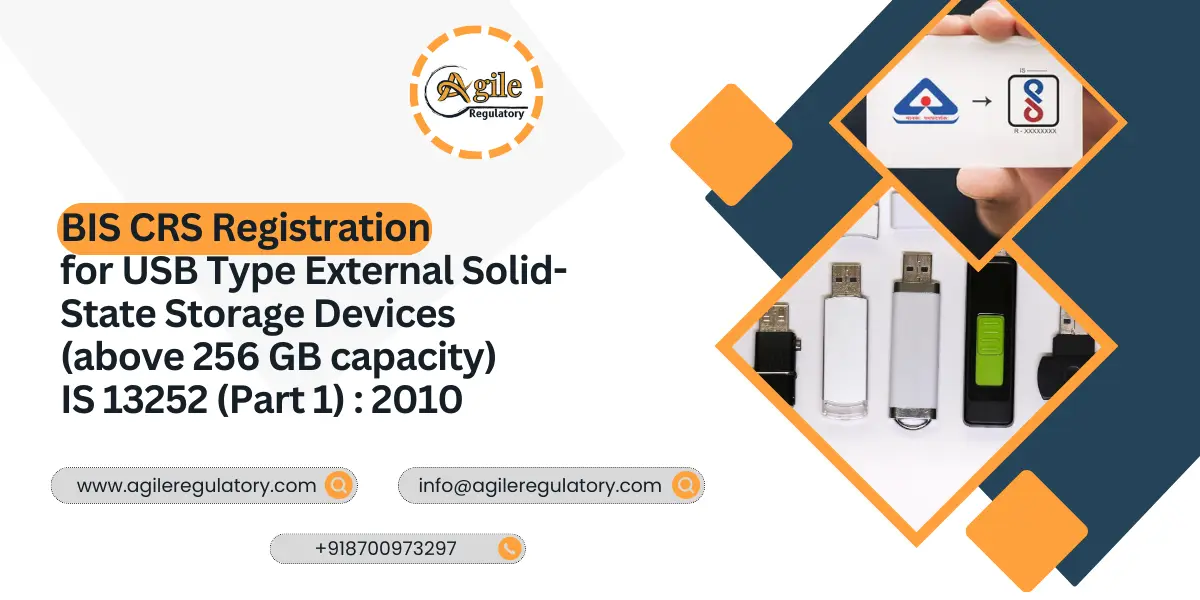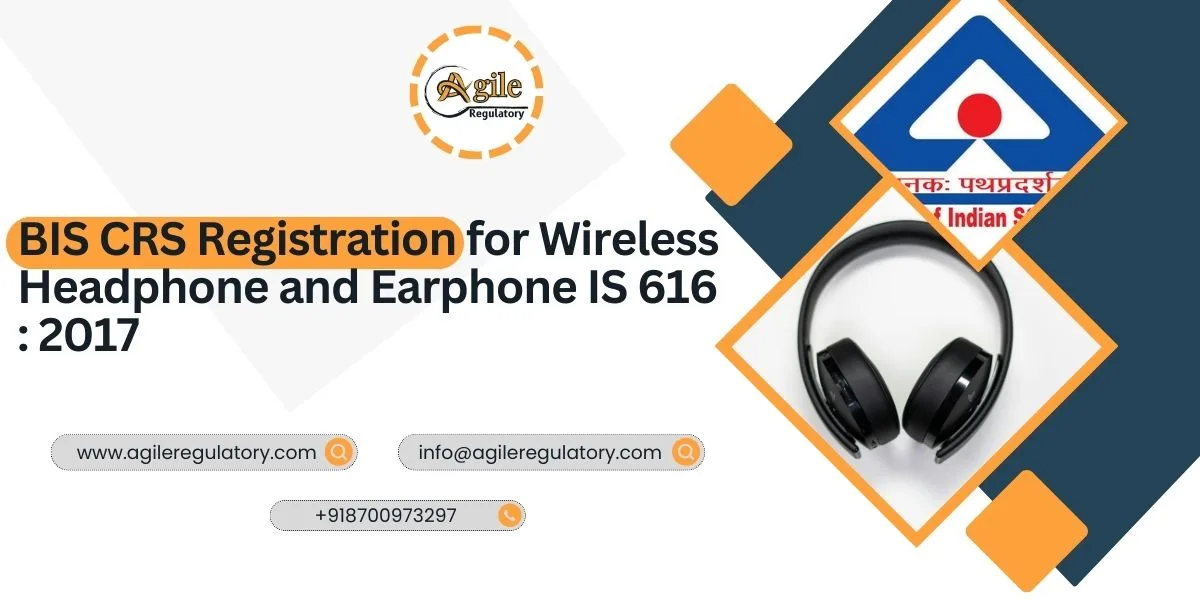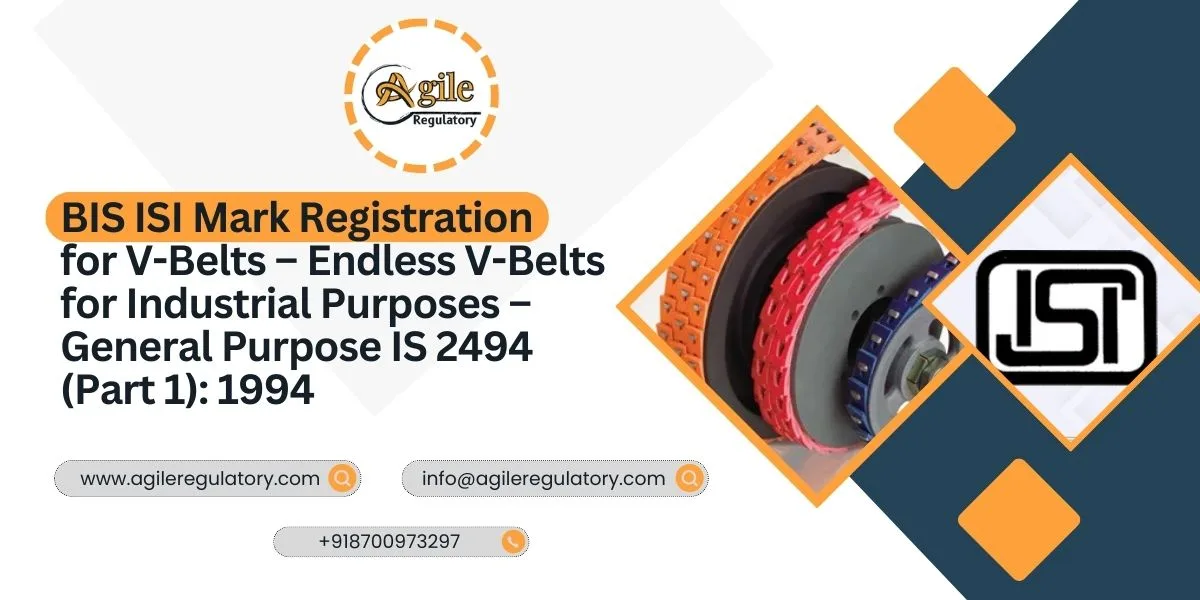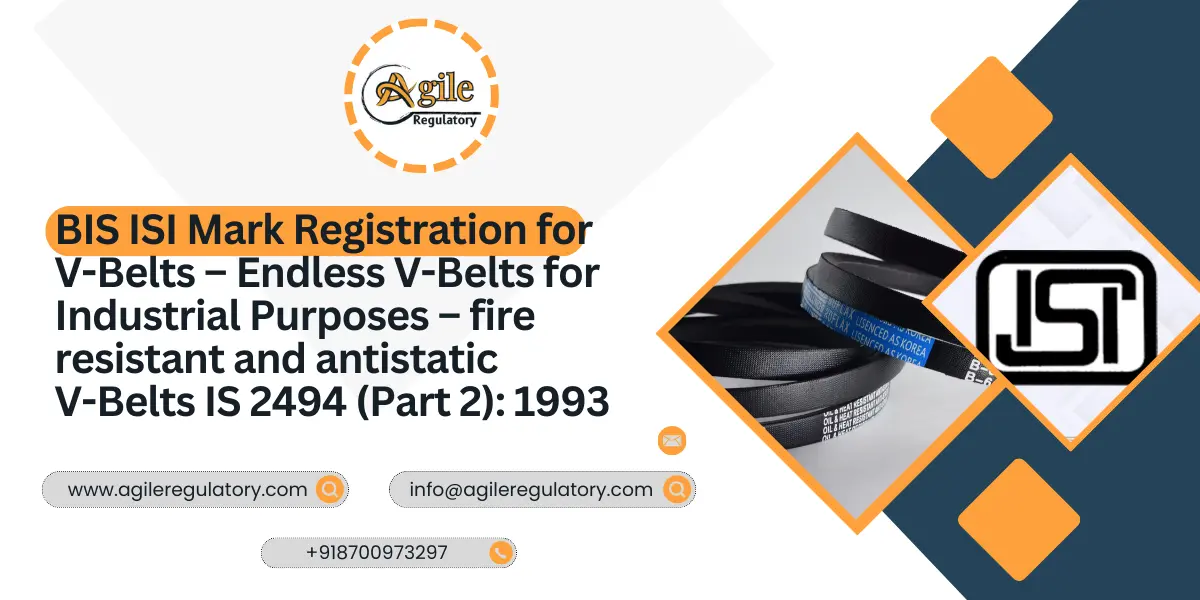
Get Instant Solution By an Expert Advisor
(4.8)


As a part of its response to rising plastic waste problems India set up the Extended Producer Responsibility (EPR) system that lets producers and packagers of plastic products handle their product lifecycles. This article explains the full process of registering EPR for plastic waste as required by the Plastic Waste Management Rules.
Under Extended Producer Responsibility producers are accountable for product disposal actions through an environmental policy method. Under the EPR framework PIBOs are required to take charge of handling plastic packaging waste that comes from their items all the way through its recycling process
These are the entities that are required to get a EPR registration:
Registration is mandatory for these entities to conduct business involving plastic packaging in India.
EPR is applicable to several categories of plastic packaging, including:
The Central Pollution Control Board (CPCB) checks the registration process of EPR registration. Here's a structured approach to obtaining your EPR certificate:
Determine your category—Producer, Importer, Brand Owner, or Plastic Waste Processor—to understand specific obligations under the EPR guidelines.
Gather the necessary documents:
Access the CPCB's centralized EPR portal at eprplastic.cpcb.gov.in Create an account and log in. This will initiate the application process.
Fill out the application form, providing details about your plastic usage, waste generation, and proposed waste management strategies. Upload all the documents that are needed and then submit the application.
Develop a comprehensive plan outlining the collection, recycling, and disposal methods for plastic waste, ensuring alignment with EPR guidelines.
Pay the applicable registration fee based on your plastic waste generation volume. The fee structure is as follows:
| Plastic Waste Generation (TPA) | Application Fee (INR) |
|---|---|
| Less than 1,000 | 10,000 |
| 1,000 to 10,000 | 20,000 |
| More than 10,000 | 50,000 |
For Plastic Waste Processors:
| Production Capacity (TPA) | Application Fee (INR) |
|---|---|
| Less than 200 | 5,000 |
| 200 to 2,000 | 20,000 |
| More than 2,000 | 50,000 |
The CPCB reviews your application and waste management plan. Upon satisfactory evaluation, the EPR registration certificate is issued. It confirms your compliance with the Plastic Waste Management Rules.
India is gradually implementing an EPR credit trading system. Here's how it works:
This system is expected to become a cornerstone of EPR enforcement in the coming years.
Many businesses stumble after getting registered. Here’s how to stay on track:
Keep logs of the amount of plastic waste generated, collected, and recycled. Use software tools to make this process automated.
Engage CPCB-registered waste processors to ensure traceability and accountability in your waste disposal.
Each year, PIBOs must meet specific collection and recycling targets based on the weight and type of packaging introduced.
| Year | % of Target Based on Base Year Plastic |
|---|---|
| Year 1 | 70% |
| Year 2 | 100% |
| Year 3 onwards | 100% annually |
Targets vary depending on the plastic packaging category.
Let’s quickly revisit the partnership firm registration fees or rather, in this case, EPR registration fees, which vary by annual plastic consumption or processing capacity. Here's a quick summary again for clarity:
| Category | Quantity (TPA) | Fees (INR) |
|---|---|---|
| PIBO | < 1000 | 10,000 |
| 1,000 - 10,000 | 20,000 | |
| > 10,000 | 50,000 | |
| PWP | < 200 | 5,000 |
| 200 - 2,000 | 20,000 | |
| > 2,000 | 50,000 |
The fees are non-refundable and must be paid online through the CPCB portal.
In today’s regulatory landscape, EPR is not optional—it’s essential. Whether you're a large FMCG company or a growing startup importing plastic-packaged goods, compliance with EPR registration for plastic waste is a non-negotiable legal and ethical responsibility.
It not only keeps you compliant but positions your business as environmentally conscious and future-ready. The process, while technical, can be navigated efficiently with the right understanding and planning.
For seamless guidance with your EPR registration, documentation, or compliance audits, consider consulting an expert or using a trusted service provider like Agile Regulatory. We offer services and expert help to make your EPR registration easier.


 Nishi Chawla
Nishi Chawla
22 Jan, 2026



 Nishi Chawla
Nishi Chawla
20 Jan, 2026

Get Instant Solution By an Expert Advisor
(4.8)
We simplify compliance through a proven 4-step process: Consultation, Documentation, Submission, and certification. From understanding requirements to getting final approvals, we deliver a smooth, timely, and fully compliant journey for your business.
What our customer says about us
Fantastic support from the team. Their expertise transformed our approach, driving remarkable outcomes. A must-have partner for businesses seeking effective consulting solutions. Highly recommended.

KTPL Instruments
Agile Regualtory delivers exceptional solutions. Their insightful guidance streamlined our processes and boosted profitability. Highly recommended for businesses seeking expert consulting services to thrive.

Justrack IOT
Impressed by Agile Regulatory's expertise. Their strategic insights and practical solutions have elevated our business operations. A reliable partner for effective consulting services. Highly recommended for growth-focused businesses.

Coaire Compressor
Extraordinary consulting services. Their insightful solutions and dedicated team reshaped our business, driving remarkable improvements. Highly recommend it for transformative results.

Easy Polymer
Incredible experience with Agile Regulatory. Their innovative strategies and expert advice revitalized our business model, resulting in impressive growth. Highly recommend their exceptional consulting services.

Tarus International
Top-tier consulting! offered strategic solutions that revolutionized our approach. Their deep expertise and personalized guidance made a significant impact on our success. Highly recommend their services.

Anchor Weighing
Agile Regulatory exceeded expectations! Their tailored solutions, expertise, and proactive approach led to remarkable results. Highly recommend for businesses seeking impactful and strategic guidance.

AM Capacitor
Outstanding service! delivered targeted solutions with professionalism and expertise. Their insights elevated our business strategies, resulting in noticeable growth. Highly recommended for exceptional consultation.

Imaxx Pro Aquistic
Leave a Reply
Your email address will not be published. Required fields are marked *